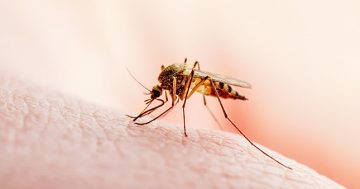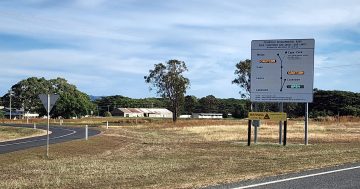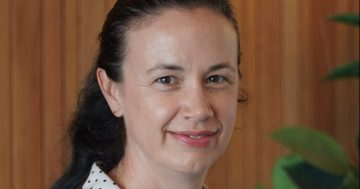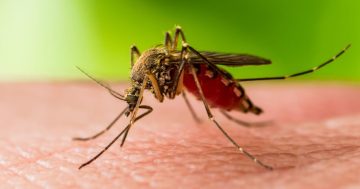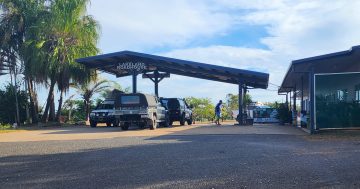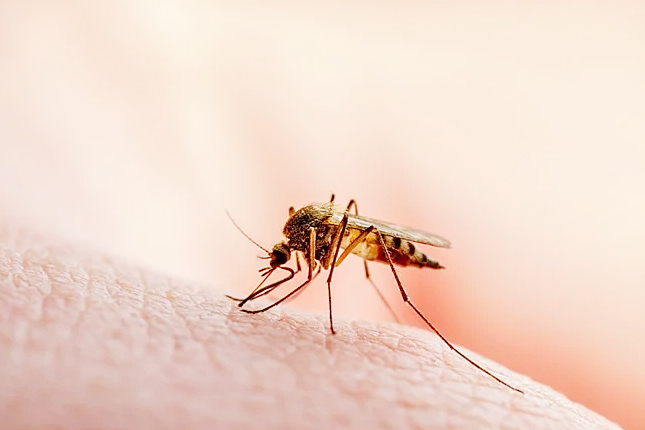
Torres and Cape Hospital and Health Service has confirmed a malaria case recorded at Lakeland this week was contracted overseas and says there is no need for community concern. Photo: Supplied.
Torres and Cape Hospital and Health Service (TCHHS) says there is no need for community concern after a malaria case was recorded at Lakeland this week.
While TCHHS has confirmed the patient does have malaria, acting public health medical officer Dr Richard Gair said it had been acquired overseas.
“The Lakeland case was acquired overseas and is being managed appropriately,” he said on 16 January.
“No further details can be provided due to confidentiality.
“The community should be aware that malaria is treatable and there is no cause for community alarm.”
Malaria is a mosquito-borne disease and is not transmitted directly from person to person, rather, it is spread to people via the bite of particular types of mosquitoes.
Dr Gair said Lakeland residents should be on alert for symptoms of malaria and take measures to prevent being bitten by mosquitoes.
The most common symptoms of malaria are high fever, headache, backache, nausea, vomiting, and muscle and joint pains.
“If anyone exhibits any of these symptoms, they should seek advice and support from a healthcare professional, or private GP at Cooktown or Mareeba, or attend the Cooktown Multipurpose Health Service,” Dr Gair said.
Early malaria can usually be easily treated whereas late, severe, or complicated malaria can be a life-threatening medical emergency.


